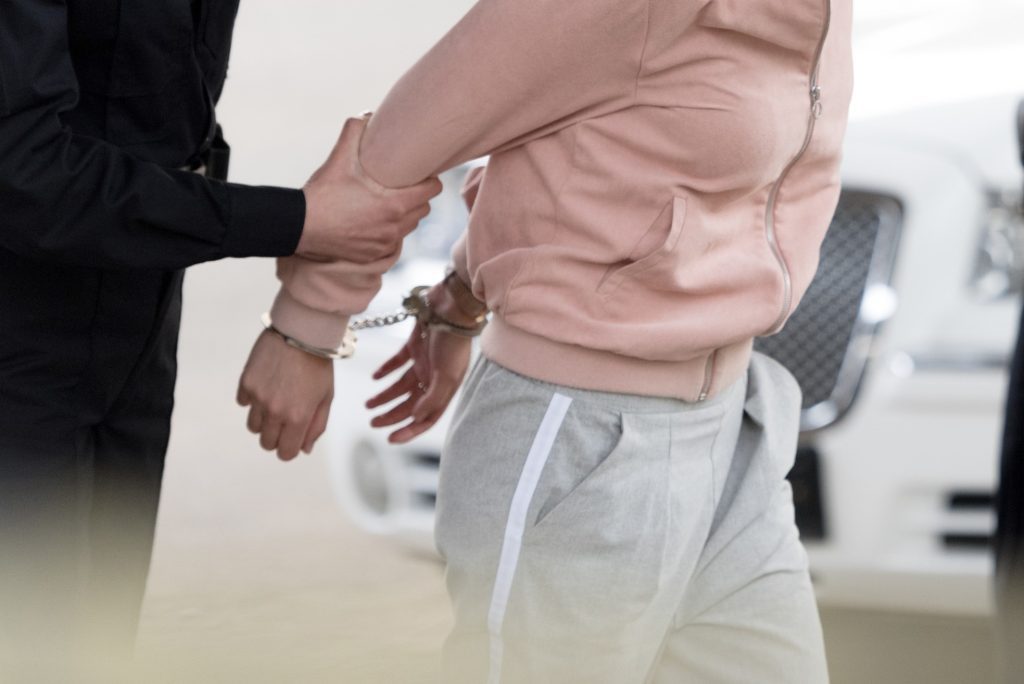By Gemma Sanchez
I ran away from home three times when I was 12 years old. My home wasn’t the safest place, and I was also hard to control. When I decided to run away, I didn’t understand that it was against the law. I also didn’t realize that the people I was with could get into trouble. More importantly, I didn’t know my rights as a minor when the police arrested me.
What happens when the police arrest a minor?
The Department of Justice requires the police to take minors before a magistrate as soon as possible when they make an arrest. The magistrate will explain the rights a minor has while under arrest. According to the DOJ, a delay of seven to nine hours before seeing a magistrate during the regular work day is too long. But police have ways to get around this requirement. That’s what happened to me.
I lived in Texas when I ran away from home, and the police considered my crime a status offense. Even though leaving home isn’t a crime for adults, running away put me under the jurisdiction of the juvenile court because I was a minor. The police didn’t arrest me the first time, though. I didn’t know that at the time, but what they did is detain me. They put me in the back of a squad car and took me back home.
When police detain a minor, they can conduct interviews without a parent. They also don’t have to take the minor to a magistrate. The law says that police only have to present minors before a magistrate after filing charges against the minor. Until then, the police could talk to me without an adult or lawyer. I didn’t know that, but they did.
When can police interview minors during an arrest?
According to Texas law, police and other adults can question minors without an adult as long as the minor is not under arrest. Most minors don’t understand that, though. They may say things that implicate them once the police make an arrest. With me, police talked about a runaway home. When they took me to the home, I thought I had to go. I didn’t understand that I wasn’t under arrest or that my father had given them permission to take me.
I ran away from the home, and the next time police picked me up they put me in handcuffs. Handcuffs mean you’re under arrest, right? In my case, the answer was still “no.” I wasn’t under arrest, which meant that the police could interview me without taking me to a magistrate or contacting my parents. They took me back to the home without ever telling my father.
The next time I ran away from the home, I was gone for six weeks. I was staying with another girl from the home who ran away with me. We were hiding out at the house of a friend of mine, an adult male, and his father. The girl I was with got caught one day, and police questioned her. I don’t know if she had an adult present, but the police didn’t arrest her. Legally, they could ask her anything they wanted about where I was and who I was with.

Can police use force during the arrest of a minor?
The thing that most surprised me happened during my third arrest. This time, the police really did arrest me. SWAT swarmed the house where I was staying. A police officer slammed me to the ground and kneeled on my back. They put me in handcuffs again and took me to the police station. For the first time, an officer fingerprinted me and took me to court.
The judge listened to my mother, who let me come back to live with her. That meant that I didn’t have to go to a detention center, and it also meant that the judge explained my rights. I had been in the back of the squad car three times by then, and only once did a member of the justice system tell me that I had rights as a minor.
The Takeaway:
Police can choose whether to detain or arrest a minor. The law only requires that a magistrate explain your rights if police charge you and place you under arrest. Until then, they can question you and use what you say against you. That’s why it’s important to understand your right to stay silent, even as a minor.
You can hear from How to Justice’s other justice-impacted contributors in our I’ve Been In Your Shoes section. Make sure to check out our other pieces about what it means to be justice impacted, including our most recent piece from Kristine Bunch.






